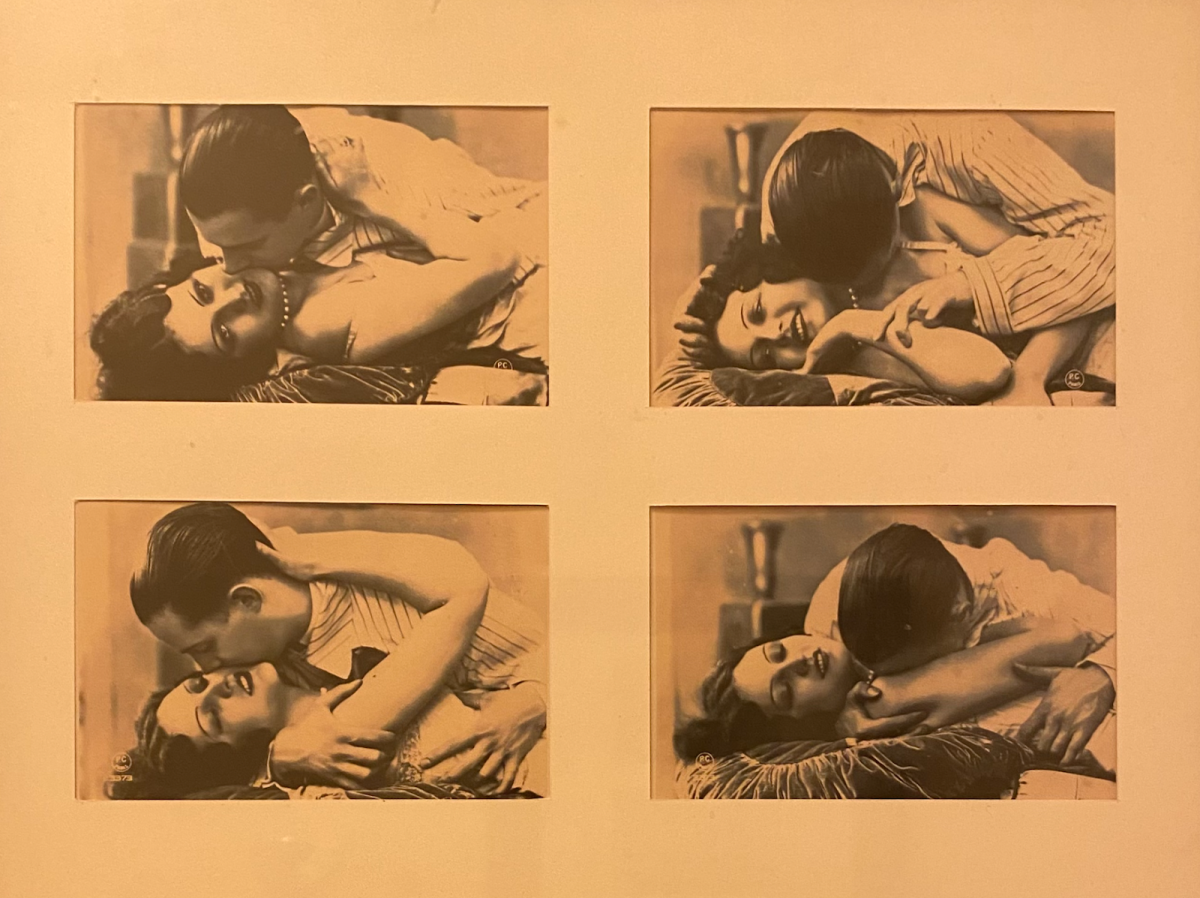After reading all the books lying around my room, I asked my grandmother for any new book recommendations.
As someone who is eager to share what she has learned over her lifetime, I knew she was bound to have a book to share.
A day later she came over to my house with a stack of books with Illusions on top. Flipping through the book shows large print with large margins, so I expected a brisk read.
What I got is a book I find myself coming back to over and over again.
The story follows Richard, a pilot who flies around the Midwest in a small plane offering rides to locals. He encounters Donald, a messiah who has quit his job of performing miracles to do the same thing as Richard. The plot is fairly simple: the two fly from place to place giving rides and talking over dinner.
Anyone looking for a complex narrative with character development won’t find it here, but the book offers a perspective that will change the way you look at the world.
As the two travel the country, Donald teaches Richard what he has learned throughout his life and challenges what beliefs Richard holds to be true. This is done through conversations and a handbook that Donald carries with him.
The primary message of the book, as the name suggests, is that most of the beliefs we hold are illusions. This is not to say that our five senses are misleading us, but rather that the way we think about what we encounter isn’t always correct.
We impose our own beliefs on the world — meaning we create our own realities.
The book is centered on this notion and proceeds to give advice on how to view the world. There are no political stances or suggestions pertaining to what you should do with your life, rather guidelines of how you should think about what is around you.
These messages come in the form of symbolic interactions and a number of one-liners.
Many of the quotes, such as “Argue for your limitations and sure enough, they’re yours,” force you to stop and think for a moment.
On the other hand, there are plenty of light-hearted tips like, “The best way to avoid responsibility is to say I’ve got responsibilities.” This mix of ideas keeps the book fresh.
When reading Illusions, it is necessary to take time to pause. Many quotes go unexplained and interactions seem pointless unless they are analyzed.
Reading this quickly will leave the reader feeling as if he or she has just read about a normal guy meeting a hippie. However, deep examination yields several life lessons.
I recommend bringing a pencil along to underline meaningful sentences, as it gives time to consider what is being said. Anyone interested in philosophy will enjoy this task.
Overall, the book is packed with abstract ideas and a positive outlook on life.
It may be too out-there for many readers, as it takes the idea of illusions to an extreme. A gaunt plot may also deter some from reading it through. If one focuses on the ideology though, he or she will find it to be a rich book with a lot to offer.
















